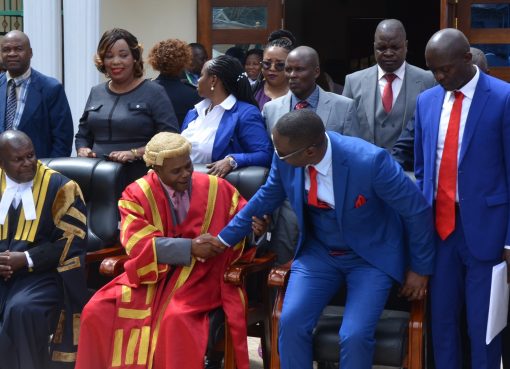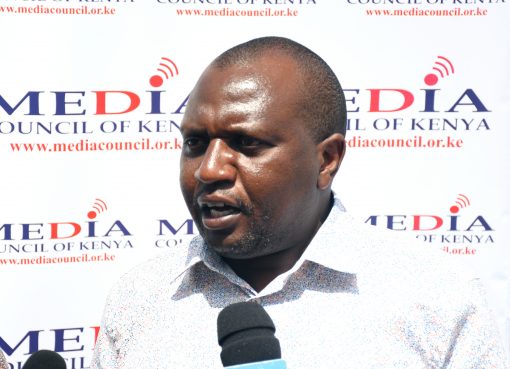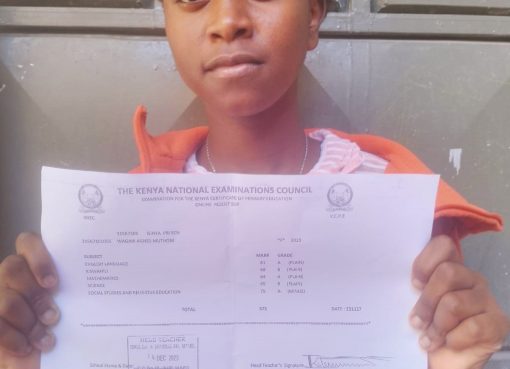Stakeholders in the hospitality industry within Central Rift region are calling on the Tourism Finance Corporation (TFC) to scale up its lending options and give them access to more funds to jumpstart the sector that has taken a severe beating following outbreak and spread of Covid-19.
The large developers and owners of tourism properties around Rift Valley Lakes also called on the Tourism Finance Corporation (TFC) that will administer Sh5.6 billion injected into the tourism industry by the government to reduce interest charge per annum on loans that will be disbursed to hoteliers from the current 11 percent to 7 percent on reducing balance.
Rift Valley Lakes Tourism Association Coordinator Joseph Muya said TFC should also work out current problematic loans by exploring options of restructuring and rescheduling payments in the wake of a downturn in global tourism business.
“The relief should also include cuts on monthly installments. Hoteliers and restaurateurs who may be having outstanding loans from TFC should get reprieve in terms of loan rescheduling and refinancing with up to an additional three years of repayment,” suggested Muya.
Members of the association are drawn from Tourism and hospitality facilities around Lakes Nakuru, Naivasha, Elementaita, Baringo and Bogoria.
Muya who is the Marketing Manager of Lake Nakuru Lodge said over 4,000 employees working in the Tourism and Hospitality Sector in Nakuru had been rendered jobless following closure of hotels and restricted travel regulations by key countries where visitors to tourist attraction sites originated from.
The Coordinator said Lake Nakuru Lodge alone had cut down its employee numbers from 250 to 22 and observed that similar facilities in Central and Western regions are also closed, directly affecting more than 50,000 people in the tourism and hospitality industry.

He stated that interlinked players like suppliers, farmers whose produce is consumed in hotels, travel industry, clubs and eateries are also suffering.
Of the Sh5.6 billion allocated to the tourism sector, Sh2 billion will go towards supporting the renovation of facilities and restructuring business operations.
The money will be in the form of soft loans and targets hotels, tour guide companies, airlines, and the standard gauge railway.
In the package, Sh1 billion will be dedicated to 5,500 community scouts under the Kenya Wildlife Service, while 160 community conservancies will get the same amount.
Muya speculates that businesses in the tourism and hospitality sector will not resume for the next eight months, meaning there may be no revenue from room bookings in 2020.
He said that the government should exploit the Kazi Mtaani initiative to spread awareness campaigns against spread of Covid-19.
“These youth reach the farthest parts of our villages. They can also be trained as ambassadors who take the message to the grassroots and help in distributing face masks, water reservoirs and sanitizers. All resources must be tapped into to stop Covid-19,” he said.
The coordinator noted that domestic tourism was the key to cushion the sector before international visitors start arriving in large numbers.
He called on the Kenya Wildlife Service and other players in the industry to make concessions by reducing fees charged to local tourists.
“The international markets will take a while to recover and we should therefore bank on the domestic and regional tourism as the key to the sector’s immediate recovery.
Tour companies must also consider their clients to ease their financial burdens. Hotels will have to offer attractive rates so as not to damage their brands, although discounts also mean it may also take longer to recoup lost incomes,” Muya said.
Last year, domestic tourism accounted for 4.9 million bed-nights. It was a year that tourism recorded 2.048 million international arrivals the highest in one year.
Tourism earnings grew by 3.9 per cent from Sh157.4 billion in 2018 to Sh163.6 billion, the 2020 Economic Survey shows. Hotel bed night occupancy increased from 8.6 million in 2018 to 9.2 million.
The sector’s performance was further boosted by conference tourism that expanded by 14.0 per cent in 2019.
An employee of Lake Nakuru Lodge Agnes Mureithi said the number of visitors checking into the facility had dropped by more than 90 percent. She said most of her colleagues had been sent on unpaid leave.
Her counterpart Mori Munguti said the only department that was operating in most hotels in the park was that charged with cleaning and gardening services. They nevertheless expressed optimism that the situation would improve.
Tourism is Kenya’s second largest source of foreign exchange revenue after agriculture. The country is the third largest travel and tourism economy in Africa after South Africa and Nigeria.
Last year, 2.04 million international visitors arrived in Kenya, with 1.4 million landing at Jomo Kenyatta International Airport in Nairobi and 128,222 at Moi International Airport in Mombasa.
In addition, 29,462 visitors arrived at other airports in the country, while 467,179 arrived by land. In 2018 total arrivals were 2.02 million.
By Anne Mwale and Elmad Ogara





